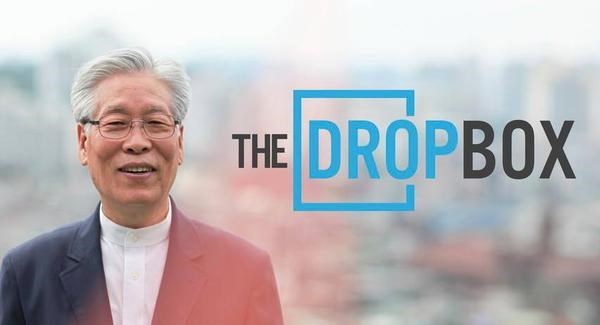 |
| (http://blog.sevenponds.com/lending-insight/film-re (Netflix)) |
Pastor Lee Jong-rak's life changed when his son Eun-man was born with cerebral palsy and a severely disfigured face in the mid-1980s. Lee sold his home and his family business to pay his son's medical bills and moved his small family into the hospital. Sadly Eun-man was only given months to live, but he was resilient and is still going strong at the age of 29.
Eun-man is one of the many disabled whom Lee cares for in his home in Seoul, South Korea. Lee's experience as a father to one disabled child inspired him to become the father of many. He is the man behind the "baby box," a method of saving unwanted children in Seoul, where hundreds of babies are abandoned in trash cans and public restrooms and on the streets each year.
As it turns out, the baby box is the last hope for many. In the past several years, South Korea has seen a rise in infant abandonment, the result of a culture that shames physical deformity and single motherhood, as well as an unintended consequence of a law passed in 2012 requiring mothers to register births and restricting international adoptions.
Since 2009, Lee's baby box has saved 600 children, some of them deposited there only hours after birth. Lee and his staff generally have up to 20 children in their care, and he and his wife have adopted ten (the maximum number of children South Koreans can adopt). They receive a new child through the box every few days, provide initial care for the child, then hand them over to the police, who help place the child in an orphanage
"The Drop Box" reminds us that out of the deepest places of hurt come hope, that every life has dignity, and that it is what we make of the life-changing moments that determines how they shape our lives. As the father of a severely disabled child, Lee could have become resentful and isolated. Instead, Eun-man's life made him want to serve and love other disabled children in South Korea.
Page created on 3/16/2016 12:00:00 AM
Last edited 3/16/2016 12:00:00 AM
